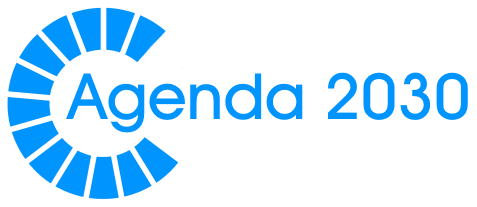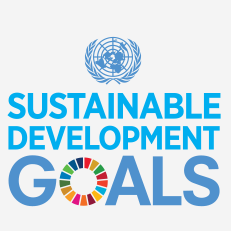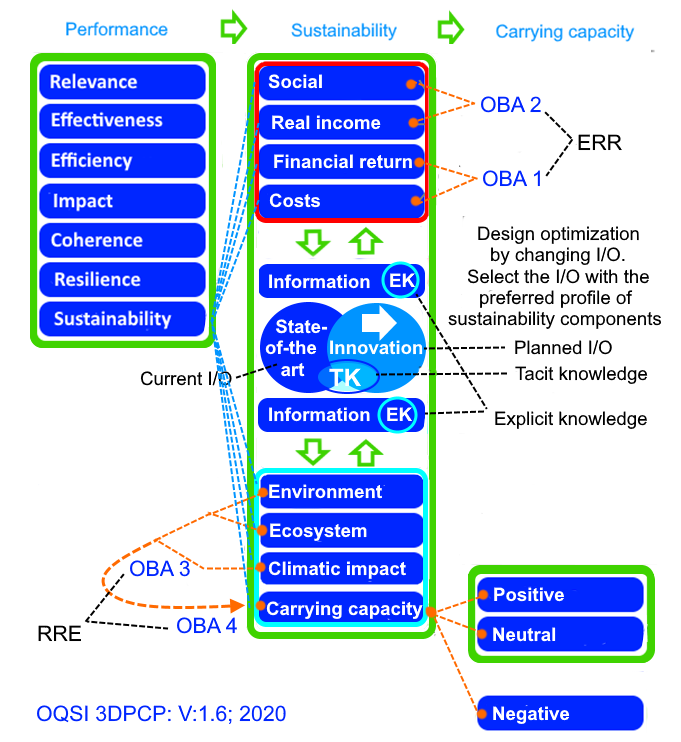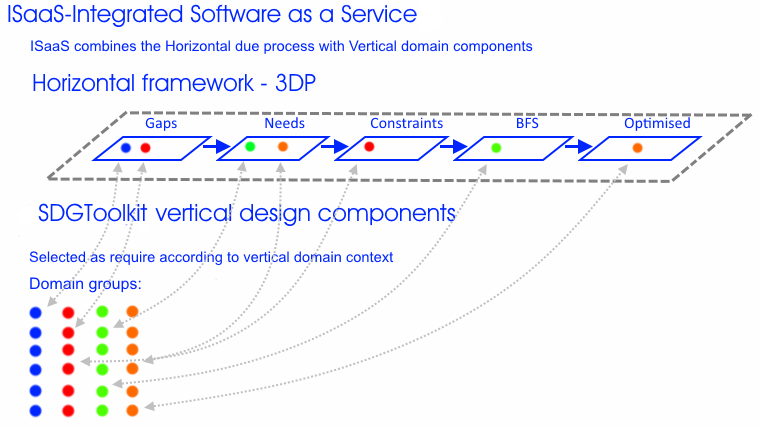Read the Final Report
on our
Applied Research & Development activities
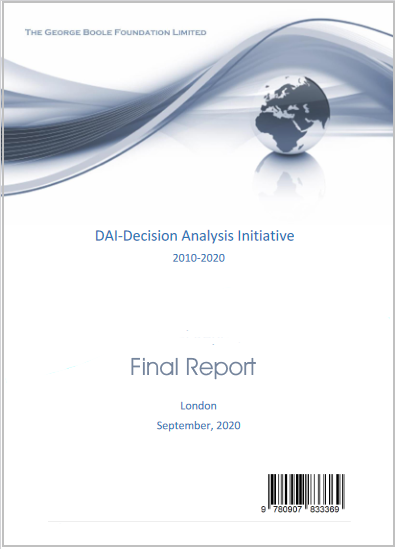
George Boole Foundation manages cost-effective applied research and development programmes. |
|
|
The simple definition of an innovation is that it occurs when an activity is undertaken in a different way for the first time. On that basis the Foundation has produced a number of innovations stretching back to the work of
SEEL-Systems Engineering Economics Lab, established in 1983 to track global network applications long before the world wide web came into operation. SEEL's successful Seel-Telesis applied research and development programme laid the groundwork upon which the George Boole Foundation conducts applied research and development.
SEEL has become the international leader in the development of the Real Incomes Approach to Economics, also known as RIO-Real Incomes Objective, as well as
Locational-State Theory, SEEL's
Accumulog was one of the first to emphasize immutable records as an essential component of learning and innovation systems (blockchain) 10 years before blockchain was recognized.
Since 1986 SEEL has been a major development centre for decision analysis and digital intelligence (AI) applied to project design methods through analytical tools development. Because of the high rates of project failure due to poor design procedures, the Foundation created a specialized unit, the OQSI-Open Quality Standards Initiative in 2010, to develop quality standards, improved due diligence design procedures and analytical methods.
Our final products are a fusion of a systems collaboration between SEEL and OQSI leading to the creation of SDGToolkit as a cost-effective Software-as-a-Service (SaaS) cloud-based collection of analytical tools for project designers and managers covering:
- design processes and projects
- manage the complete process or project cycle operations
- manage a portfolio of any number of projects or processes at any stage of their development from design through to operations
|
The link to our report on this applied development effort is provided in the box on the left.
Read the Launch White Paper
on our
SDGToolkit
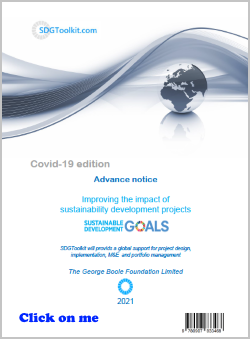
George Boole Foundation manages cost-effective applied research and development programmes. |
|
|


SDGToolkit will be launched by SDGToolkit.com during Q2, 2021 as a library of core analytical tools. The web site can be accessed here:
SDGToolkit websiteThe list of the innovations that are components of the SDGToolkit are listed below:
Project evaluation criteria (an extension to OECD DAC evaluation criteria)
A four part project cycle management system, each with dedicated analytical tools (currently 65 tools).
- GCA-Global constraints analysis
- 3DP-Due diligence design procedure
- D-Designer
- RTME-Real time monitoring and evaluation
|
The 2019 Sustainable Development Report identified three areas where the Agenda 2030 portfolio is failing. Actions under SDG 13, on climate change, are not arresting rises in temperature, actions under SDG 12, on sustainable production and consumption are without effect and under SDG 10, reduction of inequantities, income disparity continues to rise.
Our innovations to address these urgent issues include 4 new analytical tools used to ensure projects contribute to these SDGs in a effective fashion. These are based on procedure to review project design option benefit analyses according to four criteria:
- Economic rate of return
- Cost-Benefit analysis for financial return
- Cost-Benefit analysis for real incomes achieved
- Rate of return to the environment
- Cost-Benefit analysis for carbon footprint
- Cost-Benefit analysis for carrying capacity
|
Under the current economic circumstances the Foundation aims to provide support to organizations by providing direct benefits in terms of enhanced productivity of their activities to justify a fee income for the Foundation from users of the SDGToolkit. This online service has the potential of generating a high return on investment for users.
Mutually beneficial objectives include:
- Providing unparalleled quality of services at extremely competitive prices for support that will improve the productivity, effectiveness and economy of customer operations.
- Through the Foundation income being based on delivering direct benefits to companies and organizations while supporting the Foundation's objectives.
The SDGToolkit operates within a general project design framework developed and recommended by OQSI as shown below:


